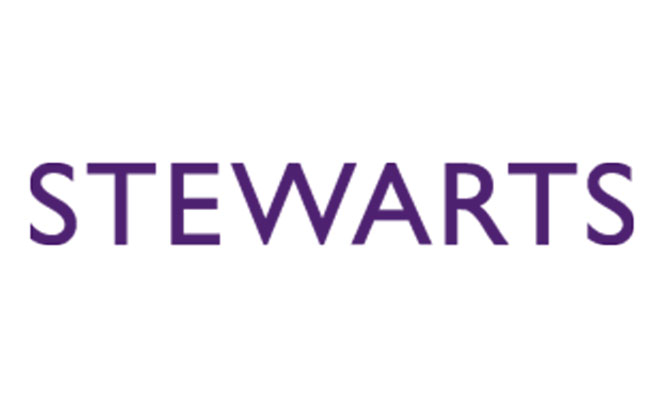
The Paris courts aim to strengthen France’s appeal as a centre for litigation post-Brexit
Paris has long been positioned as one of the leading centres for international commercial arbitration disputes, so the French government’s latest legal initiative should come as no surprise to its European counterparts. Indeed, Paris is no stranger to international dispute resolution as there has existed for more than ten years within its Tribunal of Commerce an International Chamber, formed of ten English-speaking judges, hearing commercial disputes with an international dimension.










